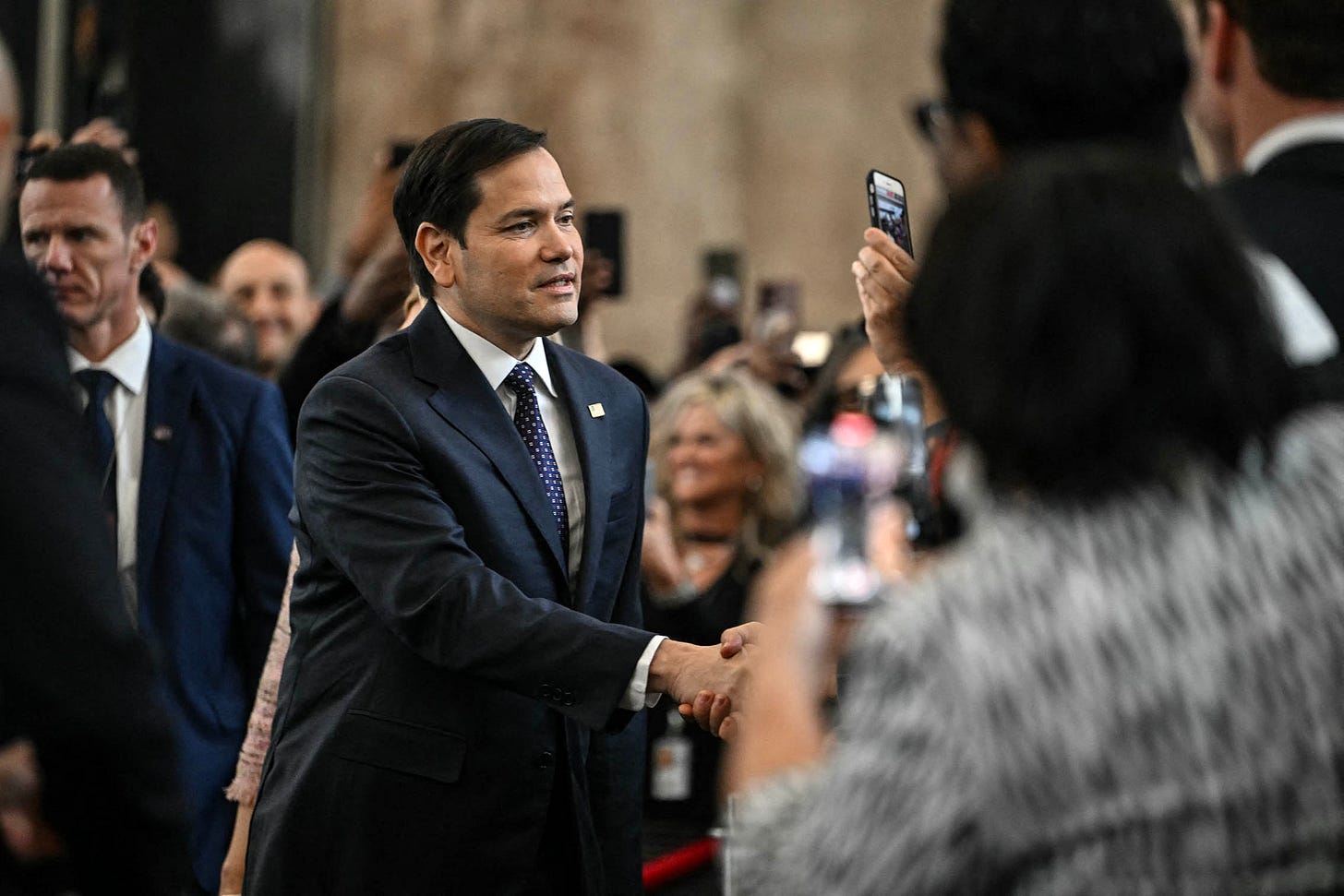Trump signs a piece of paper – and a vital Johannesburg clinic shuts its doors
This is just one example of how the US government’s ‘stop work’ order is devastating healthcare around the globe.
Kiri Rupiah

For hundreds of transgender people, the small clinic tucked away on a side street in Hillbrow, central Johannesburg was a lifeline: a place where they could receive healthcare and medication without fear of discrimination or violence.
On Tuesday morning, the clinic – run by the University of the Witwatersrand’s Reproductive Health Institute (RHI) – sent an urgent message to patients. It said the clinic was closed until further notice and patients should hurry to collect their medication. By the time The Continent visited on Tuesday afternoon, the doors were already locked. Security guards stationed outside had no advice for patients about what to do next.
The clinic was funded by the Wits RHI Key Populations Programme, which, in turn, received its funding from USAID, the United States government agency that administers foreign aid. Last Friday recently re-inaugurated US President Donald Trump issued an executive order that forced USAID and its grantees to stop work with immediate effect, pending a 90day review of all foreign-aid spending.
Theo, a transgender man, told The Continent the clinic made him feel safe. “There’s just a place for you, you know?” He got blood tests, refilled his hormonetherapy prescriptions, and was able to see a psychologist when needed. Theo is trying to get access to his patient file, so he can try to find a private doctor, but is worried for people who will have to turn to public clinics, which are understaffed and often run out of medication.
Catastrophic consequences
For decades, the US has been one of the world’s biggest funders of global healthcare initiatives. The implications of its sudden decision to suspend that funding are not yet fully understood, but are potentially catastrophic.
One of the country’s most successful healthcare interventions is the President’s Emergency Plan for AIDS Relief (Pepfar), which supports more than 20-million people, mostly in Africa, with access to antiretrovirals (ARVs). For every day the stop work order is in effect, more than 200,000 people are unable to pick up new supplies of ARVs, the Andelson Institute of Public Policy estimates.
Secretary of State Marco Rubio has subsequently issued several exemptions, including military aid to Egypt and Israel, as well as emergency food aid. This week, he said programmes that provide lifesaving humanitarian assistance are also exempt. But no one is sure what this latest exemption means. Sources told development industry publication Devex that Pepfar staff have no idea whether it applies to their work.
“From a public-health perspective, this is a small step forward, but there are still many exclusions and it’s extremely concerning,” Fatima Hassan of the Health Justice Initiative told The Continent. “It’s a partial waiver. You can’t respond to HIV, TB, and other diseases in a piecemeal manner. Unfortunately, the waiver is just a reflection of the ideological position of the new administration.”
Rubio’s letter explicitly said that the exempted healthcare does not include abortion; family planning; transgender surgery; gender programmes; diversity, equity, and inclusion programmes; or other assistance that is not life-saving – which means that the doors of the Hillbrow clinic will stay closed, for now.
African and international civil society organisations have widely criticised Trump’s sudden suspension of foreign aid. “We will not bow down to the Trump administration’s patriarchal directives,” said Marie-Evelyne Petrus-Barry, the Africa director at the International Planned Parenthood Federation.
The federation said it was “repulsed by these policies that have a clear and obvious aim of eradicating bodily autonomy, promoting white supremacy through the rewriting of history, and putting in real danger the lives of historically marginalised people.”




